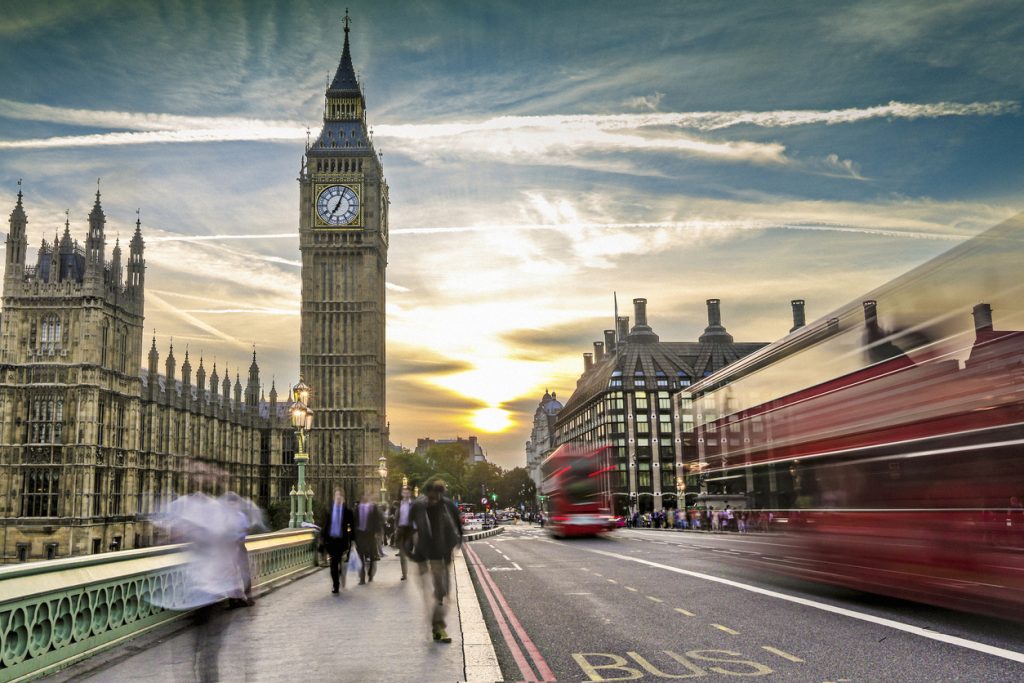The UK Parliament continues to debate online slot limits and the statutory levy as part of the white paper recommendations. While the second one would raise funds for gambling research, education and treatment or RET initiatives, this first change seeks to minimize excessive play and protect players from over-spending.

A £5 stake limit for adults over the age of 25 is one of the discussed measures. Experts consider players in the 18-24 group to be more vulnerable. They would instead have a stricter £2 limit. Authorities will implement the first limit first, with the younger adult limit following six weeks later.
This is consistent with other online slot game regulations Britain has adopted recently. The measure comes in response to the growth of online gambling, as well as its perceived risks. Experts consider online slots a high-risk vertical due to their addictive nature and high availability. For example, iGaming yields a GGR of roughly £6.9 billion. £3.6 billion of this comes from slot games.
Stephanie Peacock, DCMS Undersecretary insisted that the stake limit is a much-needed measure. She called for stricter regulation of higher-risk products that have a proven appeal among younger audiences.
On the other hand, others were concerned about the economic impact of the measure and its potential to channel some players toward more dangerous black market. Louie French, Shadow Minister, echoed these concerns and accused the Labour government of not engaging with industry stakeholders.
French said that labour’s heavy-handed approach is endangering jobs, reducing revenues for good causes, and failing to properly consult stakeholders before implementing these drastic measures.
Furthermore, Sir Iain Duncan Smith who chairs the all-party parliamentary group on gambling reform, agreed with the introduction of a stake limit and said that the government go even further. Anti-gambling advocates believe that £5 is too high since traditional slots already have a £2 limit.
Anyhow, the government would review these limits after five years to see if they are sufficient or relevant.


